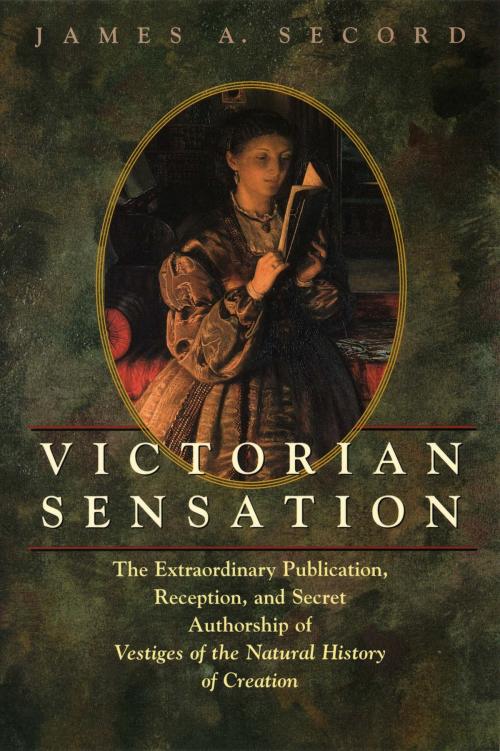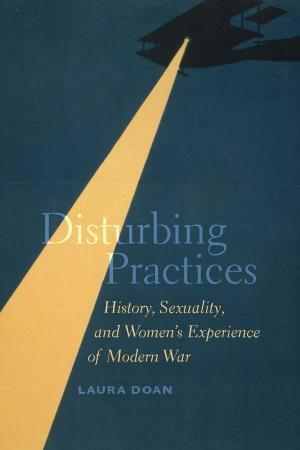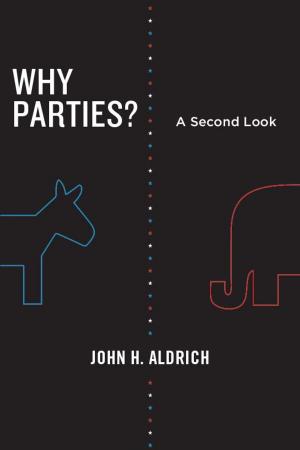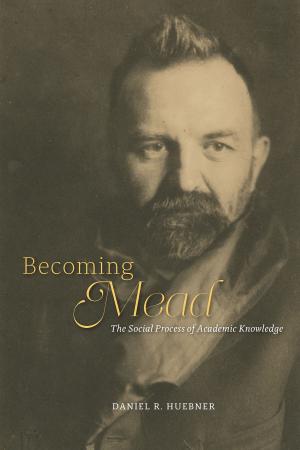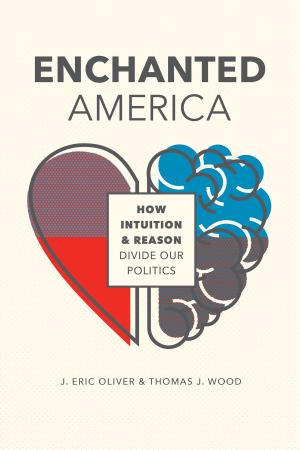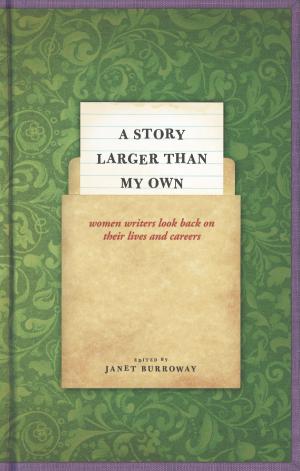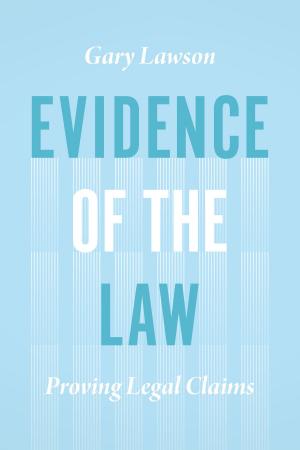Victorian Sensation
The Extraordinary Publication, Reception, and Secret Authorship of Vestiges of the Natural History of Creation
Nonfiction, Science & Nature, Science, Biological Sciences, Evolution, Other Sciences, History| Author: | James A. Secord | ISBN: | 9780226158259 |
| Publisher: | University of Chicago Press | Publication: | September 20, 2003 |
| Imprint: | University of Chicago Press | Language: | English |
| Author: | James A. Secord |
| ISBN: | 9780226158259 |
| Publisher: | University of Chicago Press |
| Publication: | September 20, 2003 |
| Imprint: | University of Chicago Press |
| Language: | English |
Fiction or philosophy, profound knowledge or shocking heresy? When Vestiges of the Natural History of Creation was published anonymously in 1844, it sparked one of the greatest sensations of the Victorian era. More than a hundred thousand readers were spellbound by its startling vision—an account of the world that extended from the formation of the solar system to the spiritual destiny of humanity. As gripping as a popular novel, Vestiges combined all the current scientific theories in fields ranging from astronomy and geology to psychology and economics. The book was banned, it was damned, it was hailed as the gospel for a new age. This is where our own public controversies about evolution began.
In a pioneering cultural history, James A. Secord uses the story of Vestiges to create a panoramic portrait of life in the early industrial era from the perspective of its readers. We join apprentices in a factory town as they debate the consequences of an evolutionary ancestry. We listen as Prince Albert reads aloud to Queen Victoria from a book that preachers denounced as blasphemy vomited from the mouth of Satan. And we watch as Charles Darwin turns its pages in the flea-ridden British Museum library, fearful for the fate of his own unpublished theory of evolution. Using secret letters, Secord reveals how Vestiges was written and how the anonymity of its author was maintained for forty years. He also takes us behind the scenes to a bustling world of publishers, printers, and booksellers to show how the furor over the book reflected the emerging industrial economy of print.
Beautifully written and based on painstaking research, Victorian Sensation offers a new approach to literary history, the history of reading, and the history of science. Profusely illustrated and full of fascinating stories, it is the most comprehensive account of the making and reception of a book (other than the Bible) ever attempted.
Winner of the 2002 Pfizer Award from the History of Science Society
Fiction or philosophy, profound knowledge or shocking heresy? When Vestiges of the Natural History of Creation was published anonymously in 1844, it sparked one of the greatest sensations of the Victorian era. More than a hundred thousand readers were spellbound by its startling vision—an account of the world that extended from the formation of the solar system to the spiritual destiny of humanity. As gripping as a popular novel, Vestiges combined all the current scientific theories in fields ranging from astronomy and geology to psychology and economics. The book was banned, it was damned, it was hailed as the gospel for a new age. This is where our own public controversies about evolution began.
In a pioneering cultural history, James A. Secord uses the story of Vestiges to create a panoramic portrait of life in the early industrial era from the perspective of its readers. We join apprentices in a factory town as they debate the consequences of an evolutionary ancestry. We listen as Prince Albert reads aloud to Queen Victoria from a book that preachers denounced as blasphemy vomited from the mouth of Satan. And we watch as Charles Darwin turns its pages in the flea-ridden British Museum library, fearful for the fate of his own unpublished theory of evolution. Using secret letters, Secord reveals how Vestiges was written and how the anonymity of its author was maintained for forty years. He also takes us behind the scenes to a bustling world of publishers, printers, and booksellers to show how the furor over the book reflected the emerging industrial economy of print.
Beautifully written and based on painstaking research, Victorian Sensation offers a new approach to literary history, the history of reading, and the history of science. Profusely illustrated and full of fascinating stories, it is the most comprehensive account of the making and reception of a book (other than the Bible) ever attempted.
Winner of the 2002 Pfizer Award from the History of Science Society
